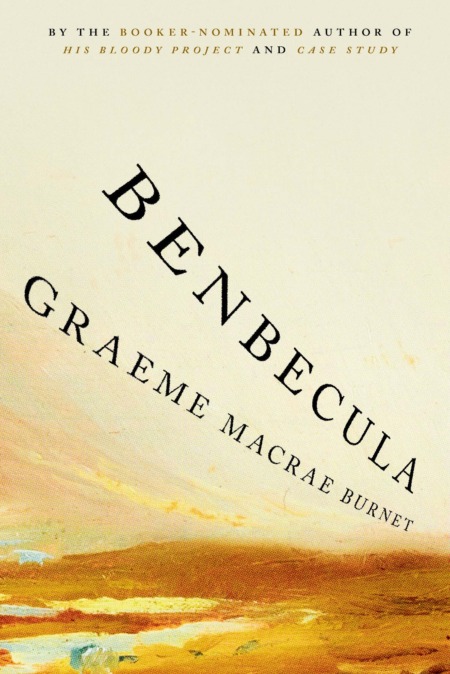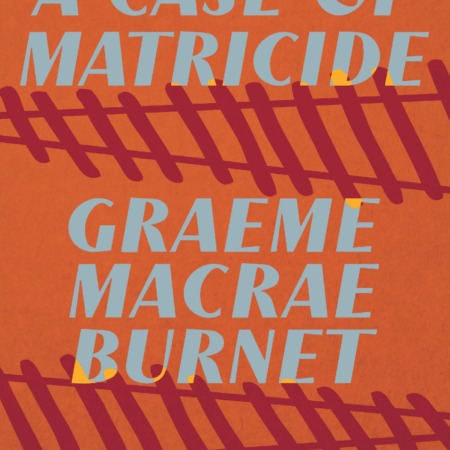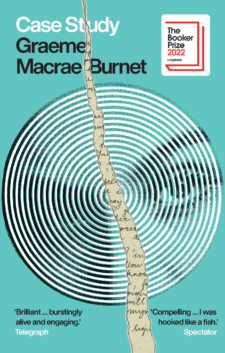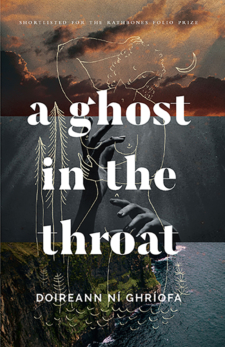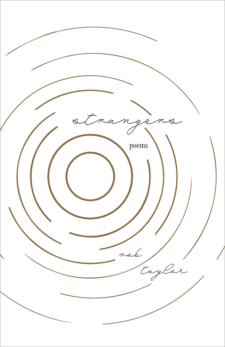Description
Longlisted for the 2026 Walter Scott Prize for Historical Fiction • A Globe 100 Best Book of 2025
Booker-nominated Graeme Macrae Burnet returns to the historic Scotland of His Bloody Project to tell the multi-layered story of madness and murder in the MacPhee family.
During the summer of 1857 on the distant Scottish Island of Benbecula, Angus MacPhee, returning from a fortnight’s work at a house a few miles away, seems to have lost his mind, forcing his family to keep him shackled to his bed. When he is finally allowed to go at large, his erratic behaviour leads to the conviction that he should be committed to an asylum.
Five years later, Malcolm MacPhee is living alone in the house where his brother’s madness led to horrifying ends. Isolated, ostracised by his small community, Malcolm is haunted, the stench of his brother’s crimes lingering as the reek cleaves to the thatch. Is he afflicted by the same madness? And to where has his sister Marion disappeared?
Drawing on letters, asylum records, and witness statements, Graeme Macrae Burnet returns to the historic Scotland of His Bloody Project to construct a beguilingly layered narrative about madness, murder, and the uncertain nature of the self.
Praise for Benbecula
“Reading a novel by Graeme Macrae Burnet is unnerving because the experience always becomes physical. You slip eagerly into a Burnet book because it feels like a familiar garment—only to realize that it’s a (metafictional) straitjacket, sewn from what are alleged to be found diaries or true historical accounts or actual case studies, or even all three. The straitjacket gets tighter and tighter . . . Then, just as suddenly, the tension releases, and you’re free again.”
—Ian Brown, Globe and Mail
“It is not a horror story per se, though Angus’s actions are horrific, but the novel has a similar effect of establishing a kind of gravitational pull that you cannot escape . . . Burnet has written the novel from a smattering of historical documents described in an afterward, and he has brewed a powerful spell imagining the darkness surrounding these events . . . For the right reader, Benbecula will be a powerful experience.”
—John Warner, Chicago Tribune
“[An] intense psychological thriller.”
—Washington Post
“The novel’s devilish appeal lies in the intoxicated and isolated Malcolm’s narration from within the confines of his family’s ‘skullhouse,’ where he muses about his own morality . . . The author once again proves his mastery of moody psychological thrillers.”
—Publishers Weekly
“Graeme Macrae Burnet’s sixth novel, the intriguing, darkly comical Benbecula, recounts a real-life mid-19th-century murder spree on a tiny Scottish island. It is at once a pitch-perfect historical reconstruction and a frank depiction of hereditary mental illness . . . Burnet proves himself a master of the faux historical testimony—and the unreliable narrator.”
—Rebecca Foster, Shelf Awareness
“This is not a crime story in the whodunnit tradition. Rather, it is a study of the impact of gratuitous violence on small communities, particularly those that find themselves tainted by association . . . Graeme Macrae Burnet skilfully maintains the tension as Malcolm slowly unravels and the true depth of the family’s crisis is revealed.”
—David Annand, Times Literary Supplement
“Graeme Macrae Burnet made his name with His Bloody Project, shortlisted for the Booker prize in 2016. Benbecula, based on a real murder, shares similarities with that novel. In both he skillfully evokes rural crofting life in the 19th century—and tells the story using narrators who have an uncertain relationship with the truth. An unsettling picture of Malcolm begins to emerge, and an already twisted novel becomes even more deliciously dark.”
—Antonia Senior, The Times
“Grounded in the historical documents surrounding a real-life triple murder, Benbecula continues Burnet’s stringent deconstruction of the crime genre, which began with His Bloody Project . . . Burnet catches the somewhat formal 19th-century cadences of Malcolm’s voice and wrings a kind of bleak, beautiful poetry from the harsh, impoverished lives of the MacPhee family.”
—Alison Gillmor, Winnipeg Free Press
“Burnet’s vivid portrayal of a troubled household by a man attempting to explain the inexplicable is dark, intense and utterly compelling.”
—Laura Wilson, The Guardian
“Burnet builds a sense of uncertainty and shifting culpability in this immersive read, lightened by a bleak humour.”
—Katharine Quarmby, Historical Novels Review
“The author has taken very little licence with the facts, but has brought a masterful touch to his retelling of them, immersing us in Malcolm’s reality through an exquisite sense of language and—though it’s by no means a tale of the supernatural—an unsettling atmosphere evoking both inner darkness and the faint presence of the strange and inexplicable.”
—Alastair Mabbott, The Herald
“Some crime writers are successful at creating fully-formed living, breathing characters; others are more adept at playing games with the reader: to an almost unique degree, Macrae Burnet excels at both.”
—Jake Kerridge, The Telegraph
“Elegant, eerie . . . Perhaps the most impressive feature of the novella is the sense of simmering. The bare facts are not really in dispute, but the reasons and motives are deliberately opaque. Rather than any explicit cause, Macrae Burnet conjures an atmosphere of suppression.”
—Stuart Kelly, The Scotsman
“A furtive, cagey novel reminiscent of Macrae’s Booker-shortlisted gem, His Bloody Project . . . In recounting one murder, Macrae subtly introduces the idea of another to produce a consummate slice of alternative true crime.”
—Claire Allfree, Daily Mail
“Burnet’s writing is wonderful, as always, and diving deeply into complex characters is one of his great strengths . . . [Benbecula] has all the same depth and integrity of characterisation that has become a hallmark of Burnet’s work. Highly recommended.”
—FictionFan
“Drawing on actual historical documents for inspiration, Burnet’s novel is a gripping read because of the dramatic events it recounts, but even more so because of its author’s expertise with point of view. Shifting perspectives and untrustworthy narration accrete dense layers of meaning.”
—James Crossley, Leviathan Bookstore (St Louis, MO)
Praise for Graeme Macrae Burnet
“You can gulp down A Case of Matricide in one sitting, as the prose style seems to demand. But linger over Burnet’s novel, and its real pleasures emerge.”
—Sarah Weinman, New York Times
“Case Study has a lot in common with the novels of Vladimir Nabokov and Roberto Bolaño, in which invented characters pass through tumultuous episodes of literary history that never quite happened, though it seems as if they should have . . . A diverting novel, overflowing with clever plays on and inversions of tropes of English intellectual and social life during the postwar decades.”
—Christian Lorentzen, New York Times
“A mystery story—or is it?—that takes us into the heart of the psychoanalytical consulting room. Or does it? Interleaving a biography of radical ’60s ‘untherapist’ Collins Braithwaite with the notebooks of his patient ‘Rebecca,’ a young woman seeking answers about the death of her sister, ‘GMB’ presents a forensic, elusive and mordantly funny text(s) layered with questions about authenticity and the self.”
—2022 Booker Prize Judges
“A stylish, atmospheric mystery with a startling twist . . . [The Disappearance of Adèle Bedeau] satisfies like Simenon and surprises like Ruth Rendell. I can’t give it any higher praise.”
—NPR
“A remarkable crime trilogy of doublings and disappearance . . . These are crime novels in which identities are unstable, evidence is slippery and solutions are obscure.”
—Nicholas Clee, Times Literary Supplement
“Burnet propels readers through [Case Study] with his fierce, hilarious intelligence.”
—Crime Reads

